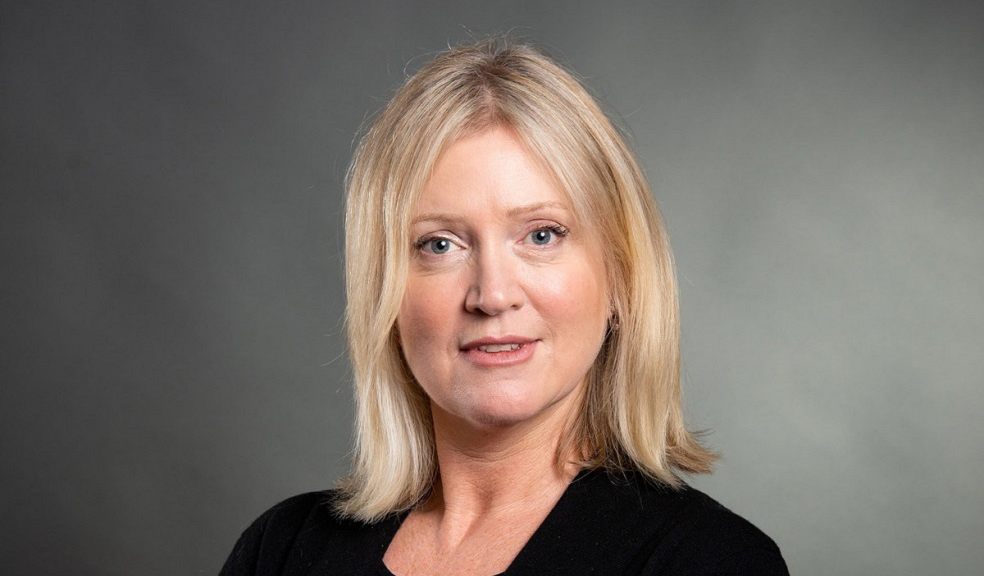
Sarah leads Arbitration Service for parents who are separating or divorcing
JUDGE and family law expert Sarah Evans is heading-up a remote virtual Arbitration Service for divorcing or separating parents seeking legally-binding decisions about their children rather than going to court (August 2020).
Exeter-based Barrister Sarah, who helped found the Westcountry-based legal service, Children in the Middle®, is leading the service to offer people quick decisions with the same enforceability as a court order.
She explains: “Senior judges are urging people, especially during the current COVID-19 crisis, to seek alternatives to court and it can even be done via Zoom, Teams or WhatsApp, if necessary.
“Given the pressures the family justice system is under, court proceedings can take a long time. Arbitration is quicker and cheaper than going through the courts, but the decision has the same impact as a court order.
“An arbitration is, in effect, a hearing without going to court. You get a written decision after the hearing, which is then registered with the court. There’s no need to physically attend somewhere, which also keeps the cost down. But you can still be represented by your solicitor or barrister if you choose.”
Sarah became one of the first Children’s Arbitrators in 2016 when she foresaw the benefits posed by arbitration for families.
Her Children in the Middle® co-founder and fellow family barrister, Elizabeth McCallum says: “Sarah has a wealth of experience in children’s law, having practised in this field for nearly 30 years. She is well placed to arbitrate over disputes involving children as she is also a part-time Judge. Her approach to arbitration is to focus on the needs of the child and to conduct the arbitration fairly and thoroughly.
“When there are disputes about children, such as how much time is spent with each parent, what their surname should be, or where they should go to school, arbitration is a legally binding, quicker, easier and cheaper alternative to court proceedings. It can be conducted remotely using the latest video conferencing methods and bypasses the current court waiting times that have grown due to the Coronavirus lockdown.
“Through our new Arbitration Service at Children in the Middle®, we can schedule a hearing at relatively short notice, via video-link or in person with current social distancing measures in place. Arbitration can be arranged faster than court hearings, especially during the current COVID-19 situation when there are backlogs of cases. With our new virtual service, people do not have to leave their homes if they are unable to do so or do not wish to. Any decision made through arbitration will be legally binding.”
Arbitration is approved by the court and the service is part of the Children’s Arbitration Scheme, set-up by the Institute of Family Law Arbitrators.
Sarah adds: “In court proceedings, typically, there are three hearings. These will take months to be heard and if parents cannot reach a final agreement, getting a decision about their children can take a long time and this could have a negative impact on the wellbeing of those involved.
“It usually only takes one hearing with arbitration to make a decision about straightforward issues. We can also deal with more complex issues, such as whether a child should move home and these will usually take two hearings, but in close succession.
“Parents share equally the cost of the arbitration, which is a fraction of the cost of court proceedings. Court proceedings can take months, if not years. They will most likely also cost hundreds of pounds in court fees and thousands in lawyers’ fees, whereas arbitration can be quicker, and the arbitrator’s fee is tailored to your needs or the type of case.”
Sarah is keen to ensure people don’t get confused between mediation and arbitration. Mediation is about parents communicating, co-operating and finding an agreement.
Mediators cannot give legal advice. If parents manage to reach an agreement at the end of their mediation sessions neither parent is legally bound by it.
For further details, please visit www.childreninthemiddle.co.uk.













